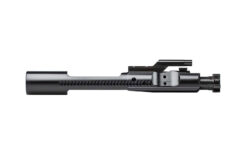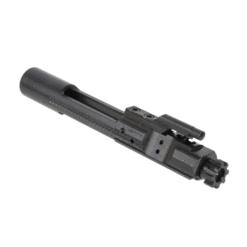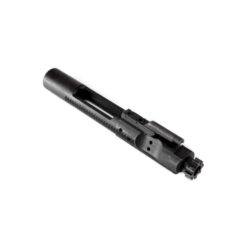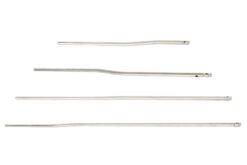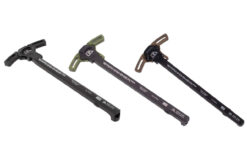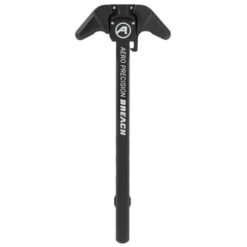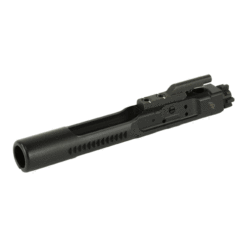Save 17%
MSRP: $22.95
$18.95
Save 15%
MSRP: $19.95
$16.95
Save 33%
MSRP: $14.95
$9.95
On-Sale
Save 14 – 33%
MSRP: $26.95 – $28.95
Price range: $17.95 through $24.95
On-Sale
Save 57%
MSRP: $139.95
Original price was: $84.95.$59.95Current price is: $59.95.
Save 23%
MSRP: $1.95
$1.50
On-Sale
Save 40%
MSRP: $99.95
Original price was: $77.95.$59.95Current price is: $59.95.
Save 19%
MSRP: $85.95
$69.95
Save 11%
MSRP: $17.95
$15.95
On-Sale
Save 50%
MSRP: $159.95
Original price was: $99.95.$79.95Current price is: $79.95.
Save 20%
MSRP: $14.95
$11.95
Save 10%
MSRP: $154.95
$139.95
Save 14%
MSRP: $69.95
$59.95
Save 10%
MSRP: $49.99
$44.99
Save 13 – 14%
MSRP: $21.95 – $22.95
Price range: $18.95 through $19.95
Save 33%
MSRP: $149.95
$99.95
MSRP: $0.79
$0.79
Save 13%
MSRP: $15.95
$13.95
Save 14%
MSRP: $43.95
$37.95
Save 17%
MSRP: $59.95
$49.95
On-Sale
Save 47%
MSRP: $94.00
Original price was: $76.95.$49.95Current price is: $49.95.
Save 5%
MSRP: $209.95
$199.95
Save 12%
MSRP: $64.95
$56.95
Save 20%
MSRP: $49.95
$39.95





